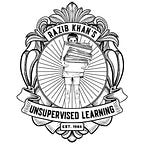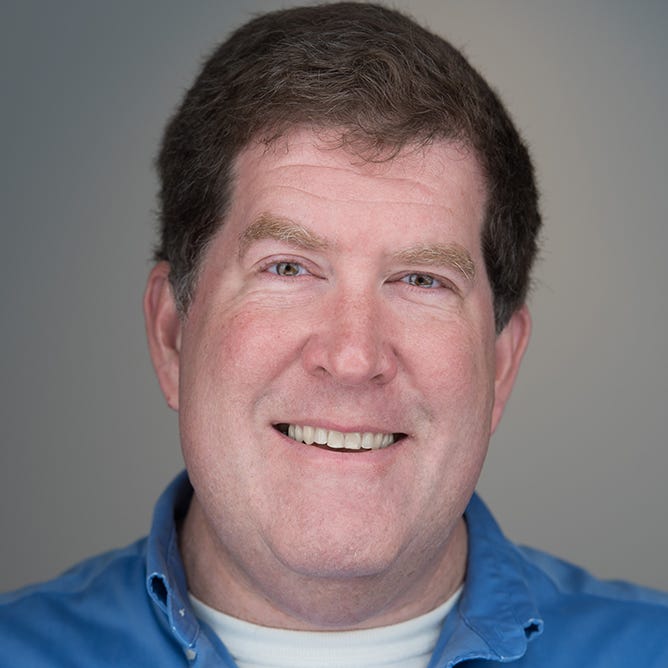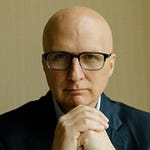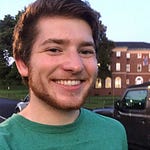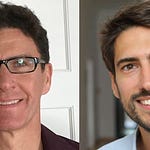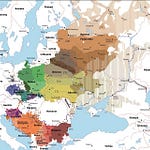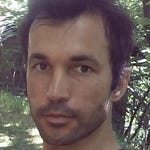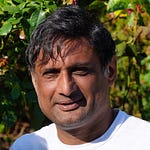Chad Orzel is a physicist and science writer who has been blogging for nearly twenty-five years. He’s the author of four books, Breakfast with Einstein: The Exotic Physics of Everyday Objects, How to Teach Quantum Physics to Your Dog, How to Teach Relativity to Your Dog, Eureka: Discovering Your Inner Scientist and A Brief History of Timekeeping. The last is a mix of cultural and engineering history, archeology and physics, and reflects Orzel’s wide interests as reflected in his Substack, Counting Atoms.
In this episode of Unsupervised Learning Razib surveys the state of physics communication and science, as well as our broader culture’s relationship with academia. Orzel and Razib first discuss the massive success of physicist-turned-YouTuber Sabine Hossenfelder. Emerging from academic physics and associated with Lee Smolin and the Perimeter Institute, Hossenfelder has shifted from skepticism of mainstream theories like string theory to arguing that academic science as a whole must be restructured. Orzel also notes that contrarian or heterodox views in popular areas such as astrophysics and particle physics receive much more attention than applied fields like solid-state physics. Razib and Orzel reflect on how science communication has changed over the past two decades, moving from the text-driven blog era before 2010 to the rise of podcasts and video. They also discuss the many technological applications of physics in the 21st century, particularly in battery technology, an area that is transforming daily life but rarely serves as fodder for glossy popular-press treatments.
In the second half of the podcast, Orzel considers how science, and academia more broadly, have navigated the adversarial stance of the Trump administration. Razib asks whether institutional science, shaped in the post–World War II era, may be due for a major transformation, or whether it is even approaching the end of its line. Finally, Orzel addresses whether academics can regain broad public trust in the wake of the extreme politicization of the 2010s.

